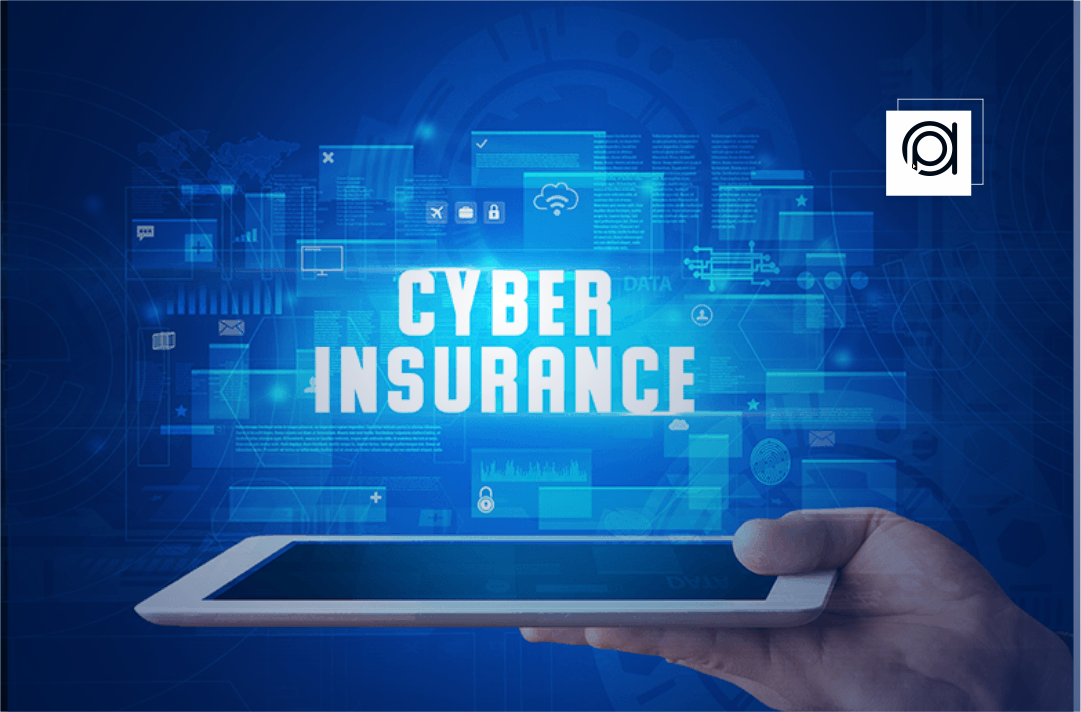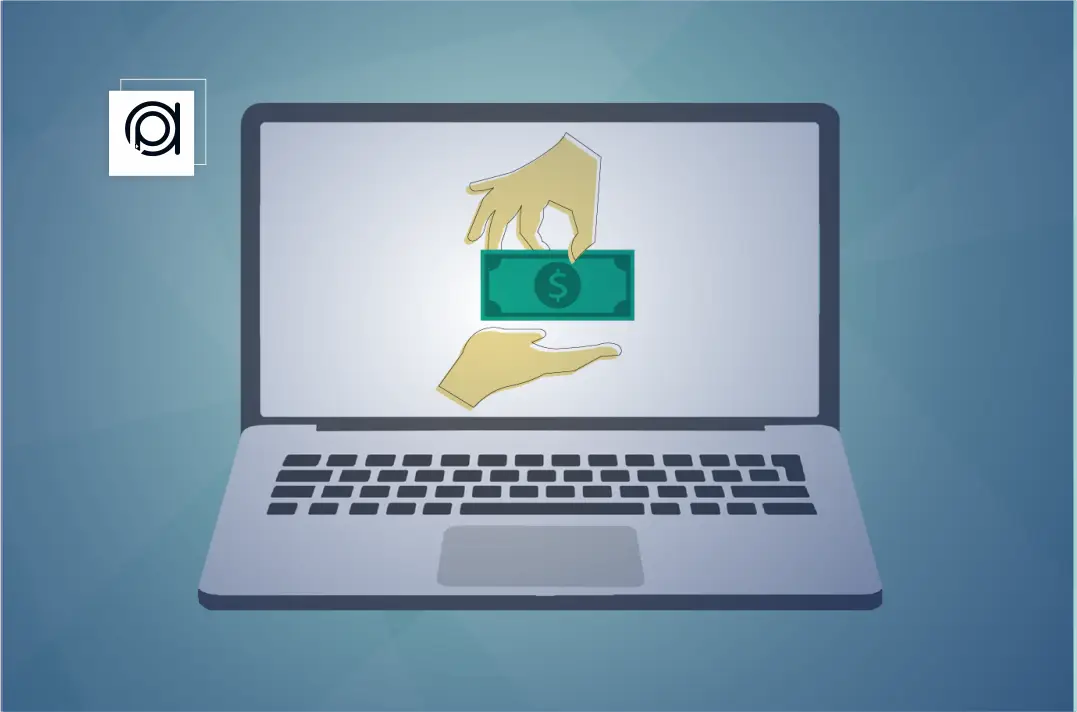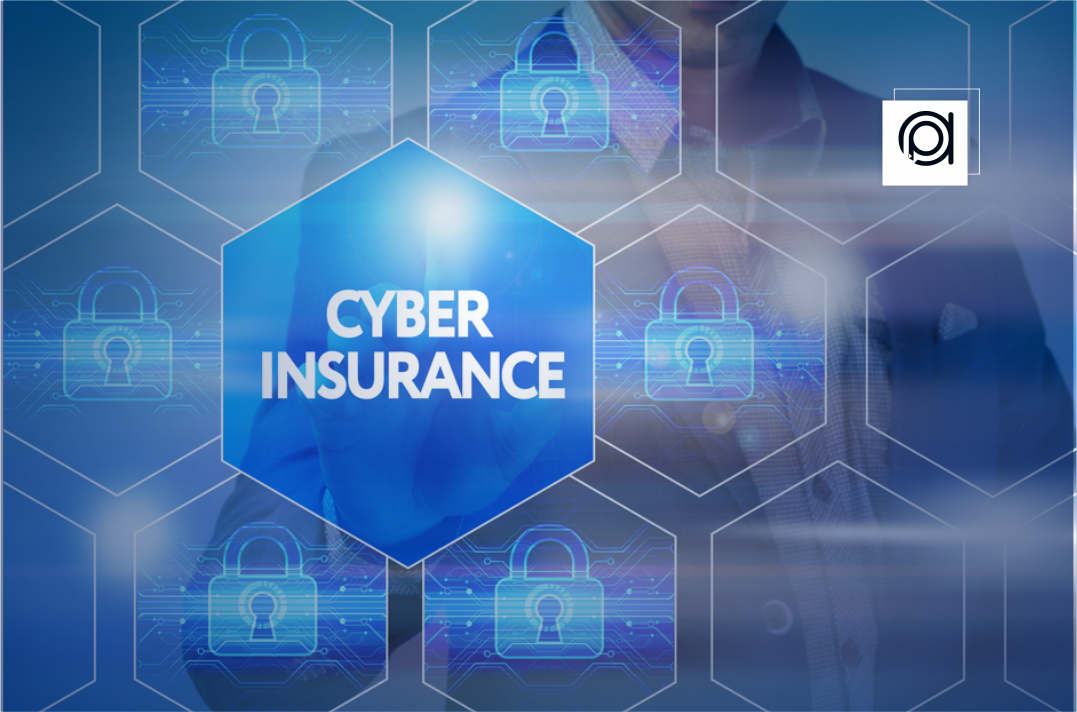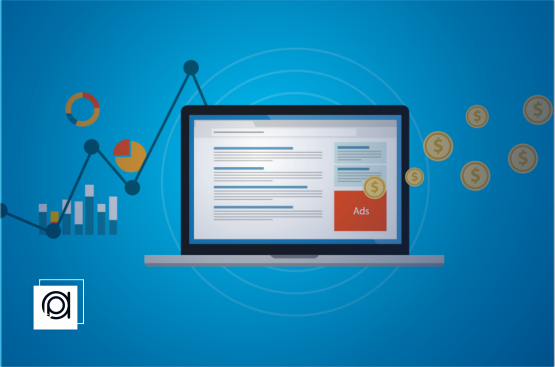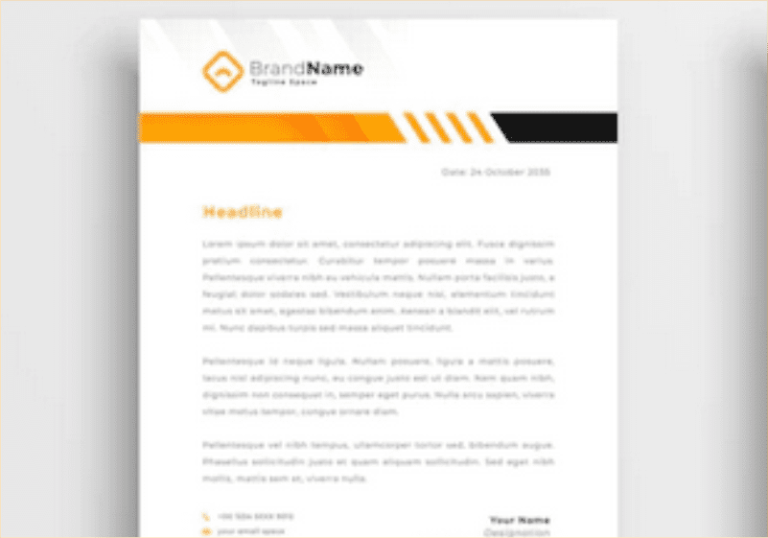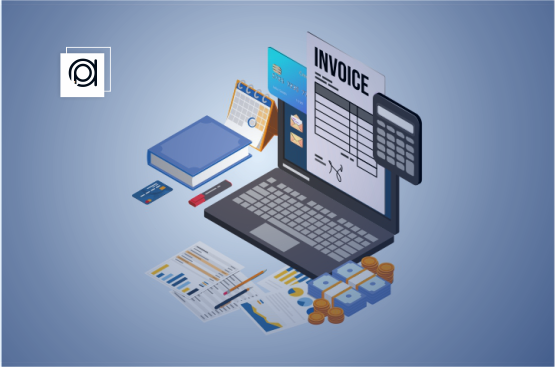Cyber Liability Insurance Policy
Cyber dangers are a constant hazard at a time of technical progress and digital change. Businesses and individuals are becoming more and more dependent on technology, which increases the dangers of cyberattacks. Previously regarded as a specialty insurance, cyber liability insurance is now an essential part of risk management plans for many different types of organizations.
Cyber liability insurance is an important instrument in the current risk management armory, offering critical protection against the numerous hazards posed by cyber catastrophes. As cyber dangers expand and become more sophisticated, having comprehensive cyber liability coverage is vital for both companies and individuals.
It provides not just financial security, but also knowledge, regulatory compliance assistance, and reputation management tools, assuring resilience and continuity in an increasingly digital environment.
What is Cyber Liability Insurance?
Cyber Liability Insurance is a specialized insurance policy that assists firms in managing the financial and legal risks connected with cyber disasters. As the digital world becomes more sophisticated and interconnected, the risks presented by cyberattacks, data breaches, and other types of cybercrime have increased.
Cyber liability insurance helps organizations and individuals mitigate these risks and recover from cyber accidents. This article examines who will require cyber liability insurance in 2024, focusing on the particular requirements of various stakeholders and industries.
Legal and Regulatory Pressures
More stringent data privacy laws are being implemented by governments throughout the globe. Two prominent examples are the California Consumer Privacy Act (CCPA) and the General Data Protection Regulation (GDPR) of the European Union. Because of the severe penalties that these rules impose for non-compliance and data breaches, it is crucial that organizations obtain comprehensive cyber liability coverage.
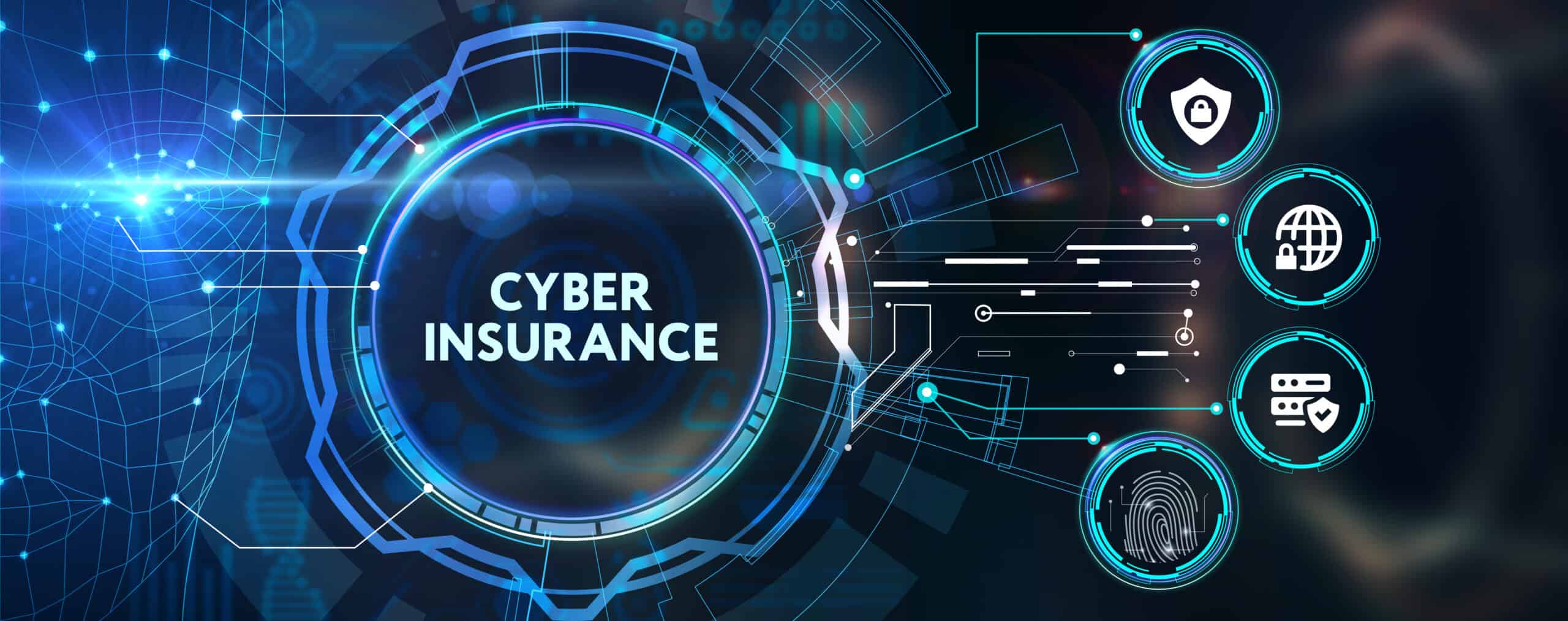
Financial Repercussions of Cyber Incidents
An enormous financial effect can result from a cyber incident. In addition to short-term expenses like cleanup and legal bills, companies may have long-term repercussions including lost sales, tarnished reputations, and eroded consumer confidence. Cyber liability insurance offers a safety net for businesses by assisting in the mitigation of these monetary risks.
Small and Medium-Sized Enterprises (SMEs)
Cybercriminals frequently see small and medium-sized businesses (SMEs) as low-priority targets. But this impression is not accurate. SMEs are appealing targets because they usually lack the means to put in place thorough cybersecurity safeguards. For SMEs in particular, a cyberattack may be extremely damaging and even bankrupting. For these companies, cyber liability insurance is crucial since it provides both financial security and access to knowledgeable personnel for handling incidents.
Large Corporations
Cyberattacks target large organizations because of their intricate IT systems and massive data repositories. These businesses are exposed to a variety of hazards, such as supply chain weaknesses, insider threats, and targeted assaults. Cyber liability insurance ensures continuity and resilience in the case of cyber catastrophes by offering comprehensive coverage for the multitude of risks that major organizations confront.
Healthcare Sector
Because it handles such sensitive data, the healthcare industry is a prominent target for cybercriminals. On the illicit market, patient records, financial data, and confidential research data are extremely valuable. In this industry, a data breach can have serious repercussions, like as damage to patients and fines from the authorities. Healthcare companies need cyber liability insurance to cover the expenses of ransomware attacks, data breaches, and compliance with health data rules.
Financial Services
Financial institutions are essential to the stability of the economy and are entrusted with enormous volumes of sensitive data. Cyberattacks on banks, investment companies, and other financial institutions have the potential to cause large losses in value and erode public confidence in the financial system. By guaranteeing operational resilience and regulatory compliance, cyber liability insurance assists these organizations in managing the financial and reputational impact from cyber catastrophes.
Retail and E-Commerce
Digital platforms are becoming more and more important for sales and consumer interaction in the retail and e-commerce industries. Because of their reliance on technology, they are more susceptible to online risks including credit card theft, data breaches, and vandalism of websites. Retailers with cyber liability insurance are shielded from the financial consequences of such accidents, maintaining consumer confidence and company continuity.
Tech Companies
Leading the way in the digital economy are technology businesses, especially those in software development, cloud computing, and data storage. Cyber dangers use these firms as both targets and vectors. Cyber liability insurance shields IT firms from the financial and legal fallout from cyber accidents, allowing them to concentrate on their expansion and innovation.

Telecommunications Providers
Telecommunications companies operate vital infrastructure, enabling connectivity and international communications. A cyberattack on a telecom company might impact millions of users and vital services, with potentially wide-ranging effects. Telecom companies may better manage the risks connected with their work by having cyber liability insurance, which pays for incident response, legal liability, and consumer notifications.
Government Agencies
Government organizations of all stripes are in charge of vital public services and own enormous volumes of sensitive data. Cyberattacks on these organizations have the potential to diminish public trust, jeopardize national security, and interrupt public services. Government organizations need cyber liability insurance because it offers financial security and guarantees business continuity in the event of cyberattacks.
Nonprofit Organizations
Despite their charitable goals, nonprofits are not exempt from online attacks. These organizations frequently deal with private donor data and depend on online channels for service delivery and fundraising. Nonprofits are shielded by cyber liability insurance from the financial and reputational harm caused by cyber catastrophes, allowing them to go on with their essential activities uninterrupted.
Legal Firms
Since law companies deal with extremely sensitive client data, fraudsters find them appealing targets. A data breach may jeopardize the privacy of clients and expose the affected parties to serious legal risks. Cyber liability insurance shields legal practices from financial loss and gives them access to professional resources for handling cyber accidents and adhering to data protection laws.
Accounting Firms
Accounting companies are regarded as reliable consultants by their clients and handle sensitive financial data. This confidence might be damaged by a cyber event that costs a significant amount of money. By protecting their brand and clientele, accounting firms may better manage the risks brought on by ransomware attacks, data breaches, and other cyberthreats thanks to cyber liability insurance.
K-12 Schools
Digital technology are becoming more and more integrated into K–12 classrooms. Although this improves instruction, it also puts schools at risk for ransomware attacks and other cyberattacks. Cyber liability insurance is essential for safeguarding personnel and student sensitive data and guaranteeing that classes will continue even in the case of a cyber disaster.
Higher Education Institutions
Large volumes of sensitive data, such as financial data, student records, and confidential research, are stored by universities and colleges. Cyberattacks on these organizations might have dangerous repercussions, interfering with academic work and jeopardizing important research. Higher education institutions may concentrate on their instructional goals by managing the operational and financial effects of cyber accidents with the aid of cyber liability insurance.
Conclusion
Cyber liability insurance is more important than ever in 2024. Cyber liability insurance is an essential part of risk management for a variety of organizations because to the growing sophistication and frequency of cyberattacks, strict legal frameworks, and severe financial consequences.
Cyber liability insurance is a vital tool for protecting against the various hazards associated with the digital era, for both people and government organizations, as well as for small and big enterprises, healthcare providers, and educational institutions. Resilience, continuity, and peace of mind in an increasingly linked world will depend on having a strong cyber liability insurance coverage as the cyber threat landscape changes.

